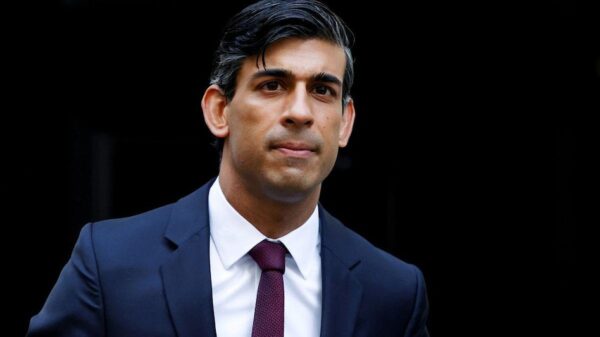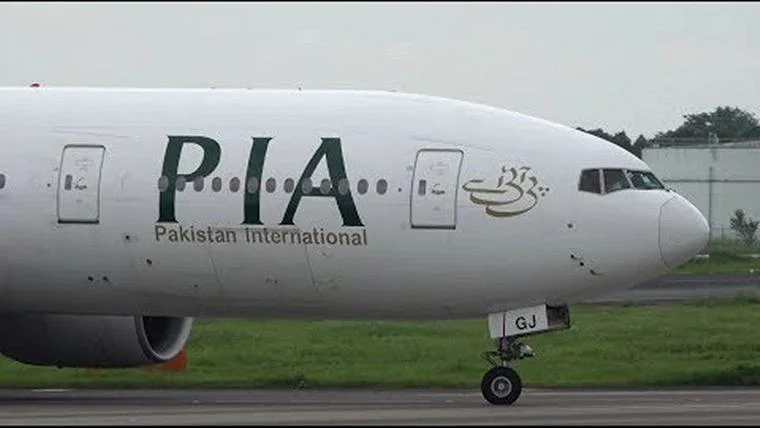The story of the family wealth of Pakistan Army Chief General Qamar Javed Bajwa who’s retiring on November 29 after a six- time term is an intriguing yarn that shows how the Pakistan army( PA), the most important institution in the country, is beyond inspection, scrutiny, and responsibility.Pakistan has presently an external debt of$ 130 billion and is surviving on loans from other countries and multinational fiscal institutions but PA is busy retaining and sacking the social and business interests of the nation that reflects in the unaccounted and disproportionate wealth and means of elderly rank military officers and their families.
According to an investigative report by Pakistan– grounded website ‘ Fact Focus ’ run by intelligencer Ahmad Noorani, the gregarious army chief and his family acquired means and businesses of over12.7 billion Pakistani rupees( PKR), or nearly$ 56 million, in just six times.Bajwa’s womanwasn’t a duty filer before he came PA chief in November 2016. She’s now a billionaire.His closest friend and unborn father- in- law of Bajwa’s son was just an ordinary businessman in Lahore retaining a shop. He’s now a billionaire.
His son- in- law, the son of his closest friend from Lahore, came a billionaire just nine days before her marriage.The investigative report is grounded on income duty return documents of Bajwa and his family from 2013 and 2021. They show a rags- to- riches story for numerous family members, over six times, from November 2016 to November 2022. Bajwa and his immediate and extended families now enjoy an oil painting company, numerous marketable plots, marketable forecourts, huge farms, and huge gobbets of real estate land in Islamabad, Karachi, and Lahore, and have an transnational business with numerous foreign parcels.
That’s the “ given” value of the Bajwa’s family business means so far, the investigative report says. Ahmad Noorani couldn’t get the duty returns of General Bajwa’s two sons. further intriguing to note then’s the fact that the mama and three sisters of Bajwa’s son- in- law, including a minor one, also turned billionaires in these six times.
The fortune of General Bajwa’s family, with numerous family members soaring from zero means to getting billionaires in just six times, shows the hold and therefore the ill- treatment that the PA extends to the nation. It excerpts a heavy cost in the name of defending the country.
WHAT IS A COUNTRY ’S MILITARY assumed TO DO?
Defending. That’s the introductory notion we decide when we suppose of the Indian service. True, they’re extended communal installations like casing and health weal but that’s available only till one serves in any of the bodies of the fortified forces. None of the fortified forces are involved in any other business operation beyond defending the country.Defending everything differently. That’s what the Pakistan service does. And out of the three services, the PA, Pakistan airforce, and Pakistan cortege , the first one, being the most influential one, dominates this space.
A elderly defence critic from Pakistan, a elderly fellow at King’s College, University of London, and a extensively published author internationally, Ayesha Siddiqa, came out with her well- delved book, ‘ Military Inc Inside Pakistan’s Military Economy ’ in April 2007. It was grounded on her work as a civil menial with the Pakistani government. She served in colorful positions dealing with military finance. She was the first woman and servicewoman who was appointed the director of nonmilitary exploration.
In an commerce with Al Jazeera in February 2008, she said her exploration estimated the Pakistan army’s private wealth could be as high as$ 20 billion$ 10 billion in lands and$ 10 billion in private military means. According to her exploration, a third of all heavy manufacturing and 7 of all private means in Pakistan was under the control of the service. She calls military business “ Milbus ”, showing its trip from 1954 and how it evolved as Pakistan’s biggest conglomeration by the time her book was out.
Pakistan military runs numerous opaque foundations through serving and retired military officers. Thetri-service Fauji Foundation is the largest of these, followed by the Pakistan army’s Army Welfare Trust( AWT), the Pakistan air force’s Shaheen Foundation, the Pakistan cortege ’s Bahria foundations, and the Defence Housing Authority( DHA). Together they run over 100 companies and are engaged in colorful business interests like banking, seminaries, universities, tourism, insurance, construction, IT, fertiliser shops, cement shops, oil painting business, shipping, harbour services, deep- ocean fisheries, superstud granges, caffs
hose manufactories, milk dairies, petrol pumps, cereal product, and so on. Pakistan military business operations also include managing eight major casing societies in eight major metropolises of the country Karachi, Lahore, Rawalpindi- Islamabad, Multan, Gujranwala, Bahawalpur, Peshawar, and Quetta.Siddiqa’s figures were dismissed but the country’s defence ministry informed the congress on July 20, 2016, about the PA’s private business interests. The congress was told that colorful bodies of the country’s fortified forces were running 50 marketable operations including casing colonies.
The core of a Milbus operation is substantially misusing the Pakistan service coffers, says Ayesha Siddiqa’s book, like AWT’s tourism companies were using the PA coffers to transport excursionists or like another Milbus using military coffers like outfit and labor force to construct the Karakoram Highway from between Pakistan and China. numerous of these companies aren’t bothered indeed about the fiscal trouble they’re in indeed if the outstanding loans run into billions of bones
as they fluently get bailout packages from the mercenary government.12 times after Ayesha Siddiqa published her book in 2007, she said the development of the Milbus operations had crossed the$ 100 billion mark. She was quoted in an composition published in the Asia Times on March 8, 2019. The composition was about Pakistani service now venturing into the marketable oil painting business.
Siddiqa said the country’s service was undervaluing its investment with running public sector organisations like National Logistics Cell, Special Communication Organization and Frontier Works Organization. These and other Milbus organisations were beyond government scrutiny and didn’t follow responsibility measures put in place. Its high illustration was the$ 370 million contract given to FWO to make a 470 km oil painting channel. The contract was before given to a mercenary government- run reality Inter State Gas Systems( ISGS).SMOOTH Lift ON MILBUSA$ 20 billion Milbus development came$ 100 billion by 2019, or an average$6.66 billion growth every time.



